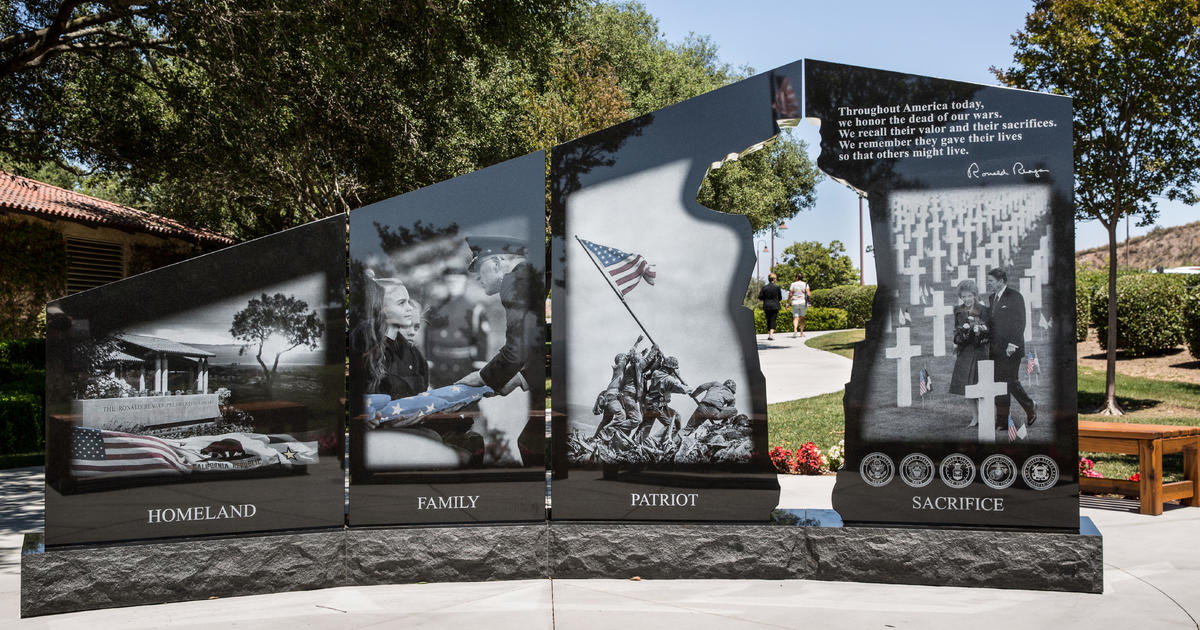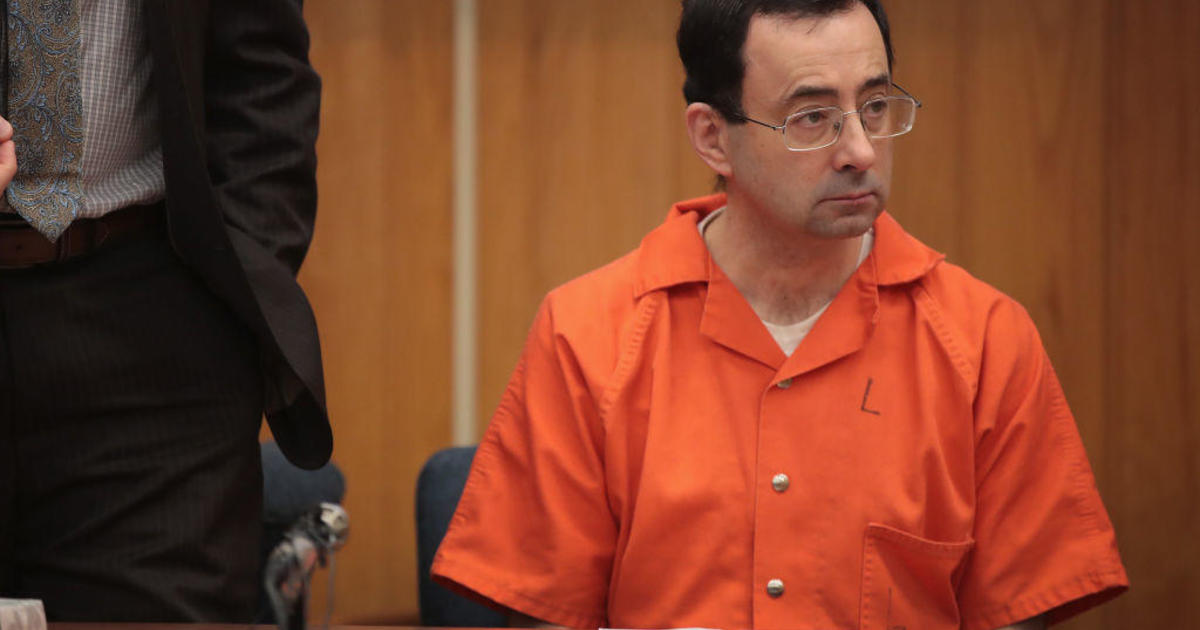FDA approves overdose-reversing Narcan for over-the-counter sale
The U.S. Food and Drug Administration has approved Narcan, an overdose-reversing nasal spray, for over-the-counter, non-prescription sale, the agency announced Wednesday. The FDA green light marks the first naloxone product approved for use without a prescription.
Naloxone rapidly reverses the effects of an opioid overdose, including in situations where fentanyl is involved. In the 12 months ending in Oct. 2022, the United States recorded 101,750 overdose deaths, primarily from opioids including fentanyl, according to the FDA.
"Today's action paves the way for the life-saving medication to reverse an opioid overdose to be sold directly to consumers in places like drug stores, convenience stores, grocery stores and gas stations, as well as online," the agency said in a news release.
It's not immediately clear when Narcan will be available for over-the-counter sale. The FDA said this timeline will be determined by the product's manufacturer, Emergent BioSolutions, but the process "may take months." Emergent BioSolutions said it will be available "by the late summer to account for manufacturing changes that will be implemented to support nonprescription packaging, as well as supply chain modifications."
The price of the over-the-counter option will also be determined by the manufacturer. A spokesperson for Emergent BioSolutions declined to comment on the possible price, but on Twitter, FDA commissioner Dr. Robert M. Califf called for it to be "affordable."
In a statement, Robert G. Kramer, president and CEO of Emergent BioSolutions, called the FTC approval "a historic milestone as we have delivered on our commitment to make this important emergency treatment widely accessible, given the alarming rates of opioid overdoses occurring across the country."
Only the 4-milligram dose of Narcan has been approved. Other formulations, including higher dosages and injectable versions of naloxone, will continue to require a prescription.
"The FDA remains committed to addressing the evolving complexities of the overdose crisis. As part of this work, the agency has used its regulatory authority to facilitate greater access to naloxone by encouraging the development of and approving an over-the-counter naloxone product to address the dire public health need," said Califf in the agency's news release. "Today's approval of OTC naloxone nasal spray will help improve access to naloxone, increase the number of locations where it's available and help reduce opioid overdose deaths throughout the country. We encourage the manufacturer to make accessibility to the product a priority by making it available as soon as possible and at an affordable price."
In a news release from the Department of Health and Human Services, HHS secretary Xavier Becerra said the action was a "strong step forward in advancing" the agency's overdose prevention strategy.
"We can prevent overdoses and save lives by making naloxone more accessible, and at the same time, we can ensure equitable access to essential health care," Becerra said.
The HHS will launch a department-wide approach to work with stakeholders to implement the change from prescription to over-the-counter status, the department said. They will also help "ensure appropriate coverage and continued access to all forms of naloxone."
Nicole Sage, director of prevention services at Prevention Point Philadelphia, a non-profit that distributes tens of thousands of doses of naloxone annually, said that she "felt a great sense of relief" at the announcement.
"What over-the-counter Narcan does is it continues to reduce barriers for anyone to have access, who wants a safe life," Sage told CBS News. "Over-the-counter Narcan is just removing additional barriers and allowing a greater subset of the population the ability to access Narcan."
Sage said she would recommend people go to a non-profit or harm reduction organization to get training in how to use the spray, but most people should "be able to follow" instructions without additional education.
There is no risk of overdosing yourself if you use Narcan to reverse someone's overdose, Sage said.
"For a person who is in active addiction and using drugs, in order to do something different, you have to be alive, and Narcan gives you that opportunity," Sage said. "Reversing an overdose is about keeping people alive long enough to be able to make a different choice, and there is absolutely no risk to the person who is administering Narcan."
Narcan nasal spray was first approved by the FDA in 2015. In Nov. 2022, the agency found that certain naloxone products have the potential to be "safe and effective for over-the-counter use."
In Feb. 2023, an FDA committee met to consider the application to approve the nasal spray for over-the-counter use. Committee members voted unanimously to recommend it be approved for over-the-counter use.
Another organization, the nonprofit Harm Reduction Organization, is seeking to get approval to have its version of naloxone nasal spray available over the counter.
Jonathan Stoltman, the director and founder of the Opioid Policy Institute, said that the approval of Narcan and naloxone products for over-the-counter use is a "no-brainer," but cautioned that today's decision is only one of many steps necessary to make the overdose-reversing medication accessible to everyone who needs it.
"It's a safe and effective life-saving medication. Of course more access is good, but I'm concerned about whether this wallpapers over the other issues, which remain price," Stoltman said, adding that there are also questions about how insurers will change their coverage of Narcan once it moves over-the-counter. "It's really unclear how that looks."
Alexander Tin contributed to this report.




